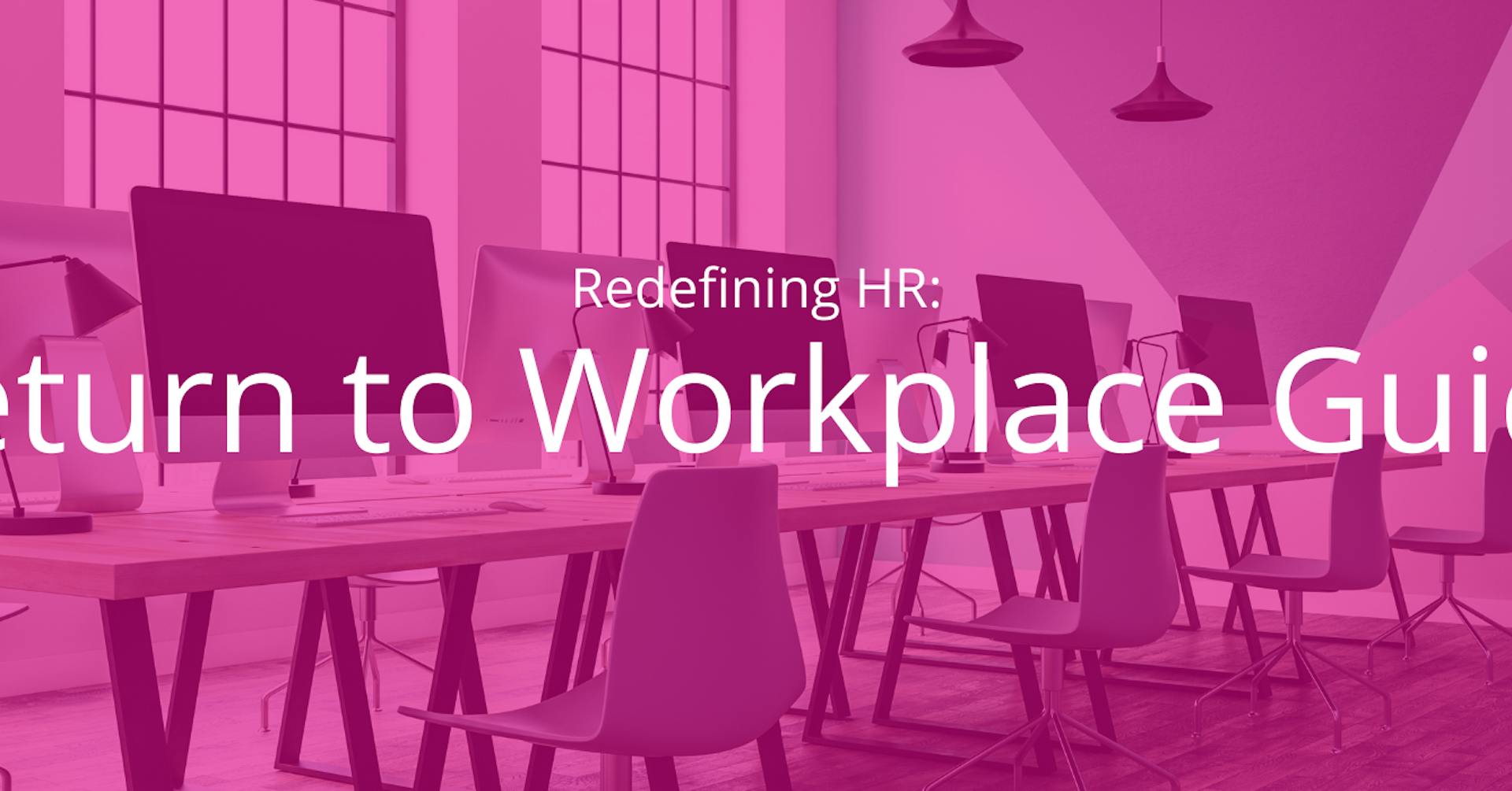Should You Return To A Company That Laid You Off? A Practical Guide

Table of Contents
Being laid off is never easy, but the situation becomes even more complex when the same company offers you a position again. Should you return to a company that laid you off? This practical guide will explore the key factors to consider before making this crucial career decision. We'll examine the pros and cons, helping you navigate this challenging situation with confidence.
Assessing the Circumstances of Your Layoff
Before even considering the new job offer, it's crucial to understand the context of your initial layoff. This analysis will significantly impact your decision-making process.
Was the layoff company-wide or performance-based?
- Company-wide layoffs (redundancy, downsizing, restructuring): These layoffs often result from economic downturns, mergers, or company restructuring. They are typically not a reflection of your individual performance. Returning to a company after a company-wide layoff may be less emotionally taxing and suggests the company values your skills enough to rehire you despite previous economic challenges.
- Performance-based layoffs: These layoffs are directly related to an employee's performance or contribution to the company. If your layoff was performance-based, careful self-reflection is necessary. Identify areas for improvement and consider whether the company has provided sufficient support for growth and development. Returning after a performance-based layoff requires a thoughtful assessment of your own capabilities and the company's commitment to your professional development.
What was the company's communication during the layoff?
The way a company handles layoffs speaks volumes about its culture and values.
- Respectful and transparent communication: A company that communicated openly and respectfully during the layoff process demonstrates care for its employees, even during difficult times. This positive experience can significantly influence your decision to return.
- Poor communication: Conversely, a lack of transparency or respectful treatment during the layoff can be a red flag, raising concerns about the company's overall work environment and leadership.
Has the company's situation improved since the layoff?
Researching the company's current status is vital.
- Financial stability and growth: Check recent news articles, financial reports (if publicly available), and industry analyses to gauge the company's financial health and growth prospects. Websites like Bloomberg, Yahoo Finance, and industry-specific publications can be valuable resources.
- Market position: Understanding the company's position within its market sector provides insight into its long-term stability and the likelihood of future layoffs.
Evaluating the New Job Offer
Once you've assessed the circumstances of your layoff, it's time to thoroughly evaluate the new job offer itself.
Is the new role a lateral move, promotion, or demotion?
- Lateral move: A lateral move offers similar responsibilities and compensation to your previous role. Consider if this move provides new challenges or learning opportunities that justify returning.
- Promotion: A promotion signifies recognition of your skills and a commitment to your professional growth. This is a strong positive indicator.
- Demotion: A demotion should raise serious concerns. Carefully consider the reasons for the demotion and whether it aligns with your career goals.
What are the terms and conditions of the new employment?
Scrutinize the employment contract meticulously.
- Salary and benefits: Ensure the compensation package is competitive and reflects your experience and skills. Compare it to industry standards.
- Severance clause: Understand the terms of severance pay in case of future layoffs. A strong severance package can mitigate some risk.
- Legal advice: Consider consulting with a legal professional to review the contract and understand all its implications.
Is the company culture still a good fit for you?
Reflect on your previous experience and research the current company culture.
- Employee reviews: Sites like Glassdoor and Indeed offer insights into current employee experiences.
- Networking: Reach out to former colleagues or people working at the company to gather firsthand information about the work environment and team dynamics.
- Company values: Determine if the company's values still align with your own, ensuring a positive and fulfilling work experience.
Considering Your Personal Circumstances
The decision to return also hinges on your personal circumstances, goals, and well-being.
What are your career goals and how does this opportunity align?
- Long-term career aspirations: Does this offer help you achieve your long-term career goals? Does it offer opportunities for professional development and advancement?
- Career path: Consider your desired career progression and whether this opportunity aligns with that path.
What are your financial needs and how does the salary compare to other opportunities?
- Financial stability: Does the new salary and benefits package adequately meet your financial needs?
- Job market: Compare this offer to other job opportunities currently available in the market to ensure you are making the best financial decision.
Are you comfortable returning to a place where you experienced a layoff?
- Emotional well-being: Returning to a place where you experienced a layoff can be emotionally challenging. Consider your emotional resilience and your ability to manage potential anxieties or negative feelings.
- Self-care: Prioritize your mental health and well-being. Make sure you have support systems in place to navigate any emotional challenges.
Conclusion
The decision of whether or not to return to a company that laid you off is deeply personal and requires careful consideration. By assessing the circumstances of your layoff, evaluating the new job offer, and reflecting on your personal circumstances, you can make an informed decision that aligns with your career goals and overall well-being. Remember to weigh the pros and cons thoroughly and don't hesitate to seek advice from trusted mentors or career professionals. Ultimately, the best choice is the one that feels right for you and helps you achieve your long-term career aspirations. Make the most informed decision for your future, and good luck navigating this important career juncture. Remember to thoroughly consider all aspects before you decide whether to return to a company that laid you off.

Featured Posts
-
 The Impact Of Trump Administration Pressure On European Ai Policy
Apr 26, 2025
The Impact Of Trump Administration Pressure On European Ai Policy
Apr 26, 2025 -
 How Chainalysiss Alterya Acquisition Will Shape The Future Of Blockchain
Apr 26, 2025
How Chainalysiss Alterya Acquisition Will Shape The Future Of Blockchain
Apr 26, 2025 -
 Mission Impossible Dead Reckoning Plane Stunt A Behind The Scenes Look
Apr 26, 2025
Mission Impossible Dead Reckoning Plane Stunt A Behind The Scenes Look
Apr 26, 2025 -
 Doj Seeks 7 Year Prison Sentence For George Santos In Extensive Fraud Case
Apr 26, 2025
Doj Seeks 7 Year Prison Sentence For George Santos In Extensive Fraud Case
Apr 26, 2025 -
 Viral Reaction Chelsea Handlers Take On Dating Elon Musk For America
Apr 26, 2025
Viral Reaction Chelsea Handlers Take On Dating Elon Musk For America
Apr 26, 2025
Latest Posts
-
 Regulatory Changes Sought By Indian Insurers For Bond Forwards
May 10, 2025
Regulatory Changes Sought By Indian Insurers For Bond Forwards
May 10, 2025 -
 Should Investors Worry About Current Stock Market Valuations Bof As Answer
May 10, 2025
Should Investors Worry About Current Stock Market Valuations Bof As Answer
May 10, 2025 -
 Indian Insurance Sector Seeks Simplification Of Bond Forward Regulations
May 10, 2025
Indian Insurance Sector Seeks Simplification Of Bond Forward Regulations
May 10, 2025 -
 Call For Regulatory Reform Indian Insurers And Bond Forwards
May 10, 2025
Call For Regulatory Reform Indian Insurers And Bond Forwards
May 10, 2025 -
 Indian Insurers Seek Regulatory Easing On Bond Forwards
May 10, 2025
Indian Insurers Seek Regulatory Easing On Bond Forwards
May 10, 2025
